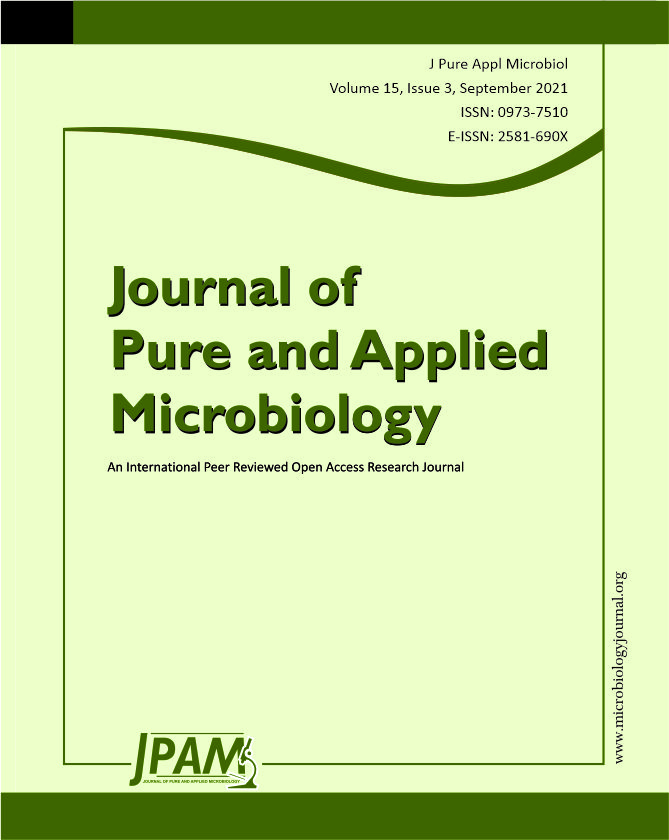In the context of sustainable bioremediation of Low-density polyethylene (LDPE), in this study, several strategies were explored to enhance the LDPE degradation by the bacterium Enterobacter cloacae AKS7. Initially, Mineral oil and Tween 80 were used to test whether they could modulate microbial colonization and polymer degradation by AKS7. Results indicated Mineral oil could increase microbial colonization and LDPE degradation whereas Tween 80 compromised the same. Since LDPE holds hydrophobic characteristics, the organism showing higher cell-surface hydrophobicity could adhere efficiently to the polymer. Thus, the organism AKS7 was grown in media with different concentrations of glucose and ammonium sulphate to exhibit differences in cell-surface hydrophobicity. We noticed that with increasing cell-surface hydrophobicity, the microbial colonization and LDPE degradation got enhanced considerably. The observations indicated that cell-surface hydrophobicity promoted microbial colonization to LDPE that increased the degree of biodegradation. Besides, LDPE films were photo-oxidized before microbial exposure which showed that AKS7 could degrade ultra-violet (UV) treated LDPE more proficiently compared to the UV-untreated polymer. Moreover, AKS7 could colonize more effectively to the UV-treated LDPE in contrast to the untreated LDPE. Furthermore, it was observed that UV exposure increased the carbonyl bond index of the polymer which got utilized by the organism efficiently thereby increasing the polymer degradation. Hence, the observations indicated that effective microbial colonization to UV-treated LDPE films exhibited a promising metabolic activity that could show an enhanced degradation of LDPE. Therefore, AKS7 warrants to be considered as a promising organism for enhanced degradation of LDPE.
LDPE, Enterobacter cloacae AKS7, Bioremediation, Microbial colonization, Cell-surface hydrophobicity, Carbonyl bond index
© The Author(s) 2021. Open Access. This article is distributed under the terms of the Creative Commons Attribution 4.0 International License which permits unrestricted use, sharing, distribution, and reproduction in any medium, provided you give appropriate credit to the original author(s) and the source, provide a link to the Creative Commons license, and indicate if changes were made.


